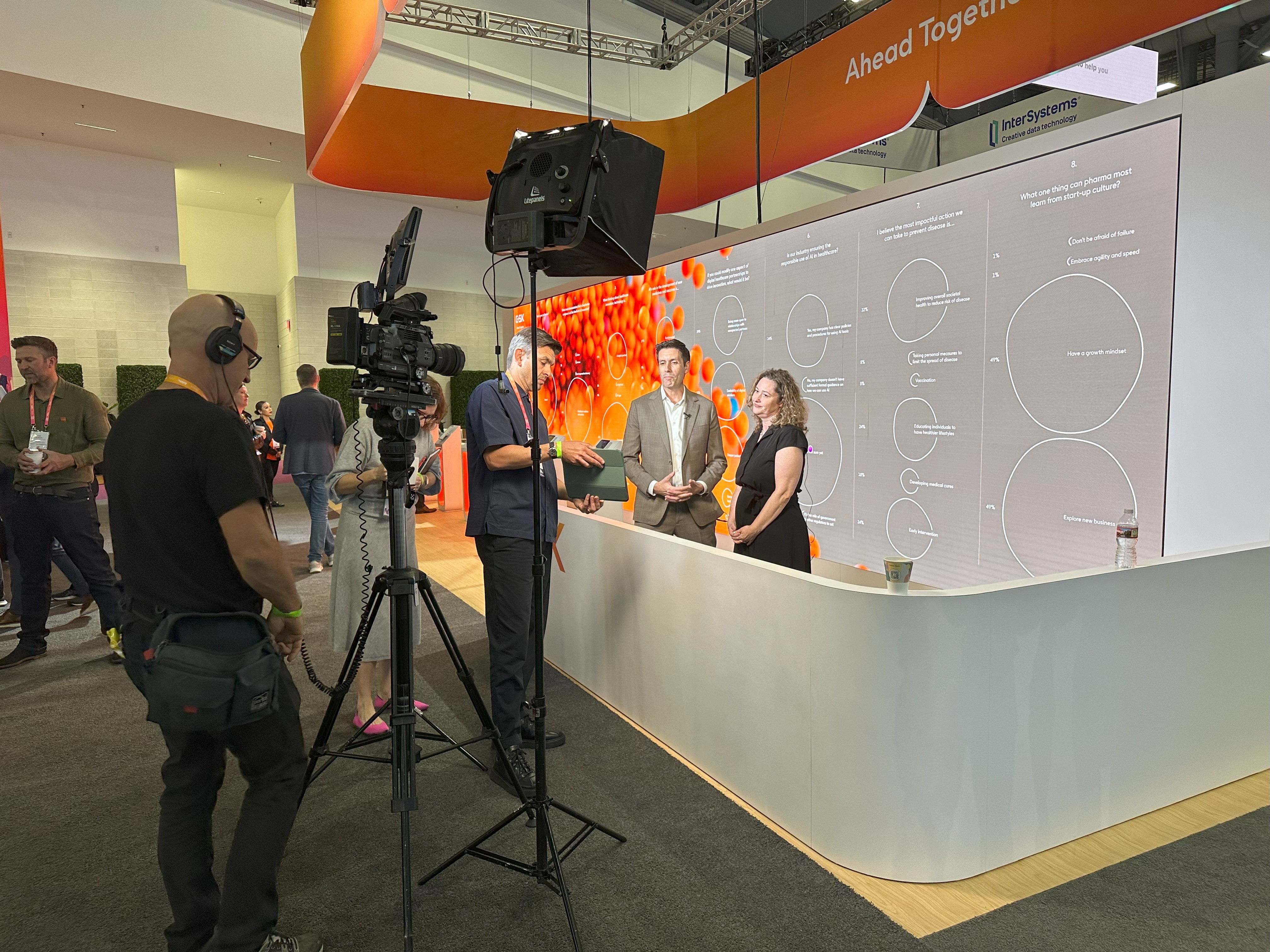ViiV Healthcare initiates study with the University of South Carolina to evaluate the benefits of ride-sharing services on improving access to care for people living with HIV
The study complements the company’s additional public health research collaborations to improve management and care among people living with HIV in the Carolinas
Issued: London, UK
ViiV Healthcare, the global specialist HIV company majority owned by GSK, with Pfizer Inc. and Shionogi Limited as shareholders, today announced the initiation of a study in partnership with the University of South Carolina’s (USC) Ryan White Program in Columbia, South Carolina, to determine the effectiveness of ride-sharing services, including Lyft and Uber, in improving access to care for people living with HIV. Previous studies have indicated an estimated 3.6 million people in the US report that transportation is a barrier to healthcare access, opening the door for missed opportunities to evaluate their health, make changes to treatment, and escalate care when needed.1 Using the rapidly-growing popularity of ride-sharing platforms, the study will explore innovative ways to increase patient mobility to reconnect them with life-saving health services and medicine.
Sharon Weissman M.D., Infectious Disease Specialist at USC Immunology Center, said: “As is the case in many other states across the US, lack of transportation in South Carolina is cited by people living with HIV as one of the main reasons they do not see a doctor. We aim to tackle this common challenge by utilizing the growing trend of on-demand ride-sharing services. If we can make it easier for people living with HIV to access a hospital, doctor’s office or clinic, we hope to increase the likelihood that they will start and stay on treatment.”
This study and other research initiatives currently underway in North Carolina and South Carolina are part of ViiV Healthcare’s new and growing Implementation Science program, which focuses on improving how HIV treatment and care are delivered in the “real-world” environment outside of the structured and scheduled environment of clinical studies.
The ViiV-supported Implementation Science studies support the tenets of “Carolinas United to End HIV (CUE-HIV),” a cross-state collaboration between public health officials, clinical researchers, patients and patient advocacy groups in North Carolina and South Carolina to end the HIV epidemic. Born out of the knowledge that HIV does not stop at state borders, the goal of the partnership is to decrease HIV incidence by 75 percent within five years and to 90 percent by 2030. ViiV Healthcare is contributing to this goal by evaluating transportation assistance, technology, medical home visits and messaging alerts in the following cities:
- Columbia, South Carolina: For some people living with HIV, public transportation can be limited, and personal vehicles are not affordable, making it difficult for them to access medical services. To address this, a transportation assistance study is now enrolling individuals to measure the impact that ride-sharing services (including Lyft and Uber) have on patients attending follow-up clinic visits and their management of HIV compared to those utilizing traditional transportation methods.
- Charleston, South Carolina: Because mobile telephones play an increasingly important role in personal and professional life, patients may be more comfortable and willing to access healthcare services if secure text messaging platforms are offered. This study will evaluate whether the use of secure text messages increases the likelihood a patient will return to the clinic, help them remain on treatment and keep their virus under control.
- Fayetteville, North Carolina: Many people encounter difficulty accessing HIV care in a clinic setting due to a variety of factors, including office hours, locations and stigma. The study is testing if home visits from an outreach nurse help people living with HIV who have not visited their clinic in the past year return to care and see improvements in their health.
- Charlotte, North Carolina: The city of Charlotte is a part of Mecklenburg County, which has the highest rate of HIV in North Carolina in the 13-65 age range.2 In this study, clinics in Charlotte will send standardized message alerts to physicians and other designated clinic staff through the electronic medical record system that note patients who are at risk for missing a visit, to see if the alerts increase the number of people who return to the clinics for care.
Tammeka Evans, Director of Global Public Health and Innovation at ViiV Healthcare, said: “Innovative approaches that improve the quality of HIV care and increase the likelihood that people living with HIV can access it are fundamental to achieve the public health goal of decreasing new HIV transmissions. The transportation assistance via ride-sharing study and other ViiV-supported public health research initiatives look beyond therapies for new ways to prevent HIV transmission as we collectively strive towards an HIV free future.”
About ViiV Healthcare
ViiV Healthcare is a global specialist HIV company established in November 2009 by GlaxoSmithKline (LSE: GSK) and Pfizer (NYSE: PFE) dedicated to delivering advances in treatment and care for people living with HIV and for people who are at risk of becoming infected with HIV. Shionogi joined in October 2012. The company’s aim is to take a deeper and broader interest in HIV/AIDS than any company has done before and take a new approach to deliver effective and innovative medicines for HIV treatment and prevention, as well as support communities affected by HIV.
For more information on the company, its management, portfolio, pipeline and commitment, please visit www.viivhealthcare.com.
About GSK
GSK is a science-led global healthcare company with a special purpose: to help people do more, feel better, live longer. For further information please visit www.gsk.com.
Cautionary statement regarding forward-looking statements
GSK cautions investors that any forward-looking statements or projections made by GSK, including those made in this announcement, are subject to risks and uncertainties that may cause actual results to differ materially from those projected. Such factors include, but are not limited to, those described under Item 3.D 'Principal risks and uncertainties' in the company's Annual Report on Form 20-F for 2018.
|
ViiV Healthcare Media enquiries: |
Melinda Stubbee |
+1 919 491 0831 |
|
|
Audrey Abernathy |
+1 919 605 4521 |
|
GSK Global Media enquiries: |
Simon Steel |
+44 (0) 20 8047 5502 |
|
|
Kristen Neese |
+1 804 217 8147 |
|
Analyst/Investor enquiries: |
Sarah Elton-Farr |
+44 (0) 20 8047 5194 |
|
|
Danielle Smith |
+44 (0) 20 8047 0932 |
1 Wallace R, Hughes-Cromwick P, Mull H, Khasnabis S. Access to health care and nonemergency medical transportation: Two missing links. Transportation Research Record: Journal of the Transportation Research Board. 2005;1924:76–84
2 NC Department of Health and Human Services (2013). 2013 North Carolina STD/HIV Epidemiological Profile. Retrieved from http://epi.publichealth.nc.gov/cd/stds/figures/Epi_Profile_2013.pdf



